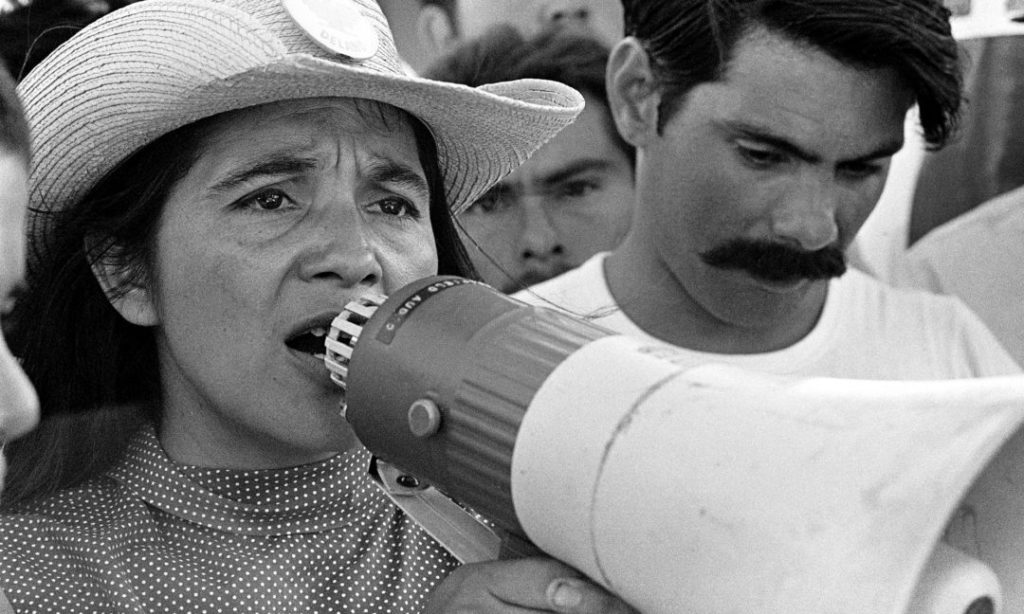Require Ethnic Studies

The Trump administration has been a giant exercise in why the humanities and social sciences are absolutely necessary for our society to survive. The racism, the misinformation, the misogyny, the lack of empathy, the false histories–all of this has happened at least in some part because of the deemphasis on studying people and their societies in favor of the STEM/Business/Professional School fetish. There’s of course nothing wrong with studying science and engineering–we need those things! But we also can’t have a functional society without History and Black Studies and Anthropology and Philosophy.
In the wake of the Black Lives Matter movement – when police have come under heavy criticism; statues viewed as celebrating racists have been toppled or destroyed; and, millions have taken to the streets to protest racism, white supremacy, white privilege and injustices to people of color – could ethnic studies in schools help diminish or solve racism in the country?
Assemblymember José Medina, who drafted legislation to make ethnic studies a high school graduation requirement; and, Dolores Huerta, a civil rights activist who co-founded the United Farm Workers, think it can definitely make a difference in the right direction.
Medina and Huerta were the July 14 guest speakers of the second in a series of ethnic studies “virtual classrooms” that focused on Chicano Latino Studies. The series – which takes place weekly through July 28 – is hosted by state Superintendent of Public Instruction Tony Thurmond as the state Department of Education prepares to submit a revised ethnic studies model curriculum for public review.
The series features lectures on Africana, Asian American, Chicano Latino, and, Native American studies, with prominent leaders and educators from each discipline.
Of course, it’s not as if white liberals are particularly comfortable with radical moves toward racial justice, as the polling shows. Medina has certainly had that problem.
“I had the opportunity of teaching ethnic studies and Chicano Studies as a teacher here in Riverside at Riverside Poly High School and I don’t think I could have said it any better than Cindy did on the power of ethnic studies and Chicano studies in transforming student’s lives when they see themselves reflected in the curriculum and they see how their family’s history is part of the larger history of the state of California and the United States,” said Medina, a Democrat who was elected in Nov. 2012.
He chairs the Assembly Committee on Higher Education.
Medina has focused on education issues. He introduced AB 331 to mandate ethnic studies as a high school graduation requirement. When introducing the bill, Medina said that when the national climate drives divisiveness and fear of others, ethnic studies can play a critical role in increasing awareness and understanding.
“So that is exactly why I introduced AB 331, which we hope to get to the governor this legislative session,” said Medina, whose bill was vetoed in 2018 by then-Gov. Jerry Brown.
Oh hey, thanks Jerry.
There are sort of requirements like this at the university level. But there are two problems with them. First, they tend to revolve far more around the diversity narrative that mostly exists to make white liberals feel good about themselves than they do to create justice or power for people of color. Second, the professional schools constantly find ways out of having their students deal with this in any real way. So the Business school will create some class around Black owned businesses and that becomes their students’ diversity requirement and it solves nothing.
That Medina’s bill would also force California schools to hire teachers of color to teach this course (I don’t think it does that explicitly, but implicitly it would be hard for whites to teach it) is also a positive.


